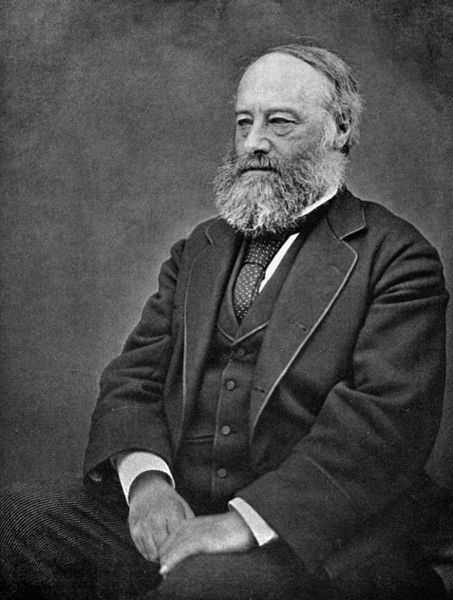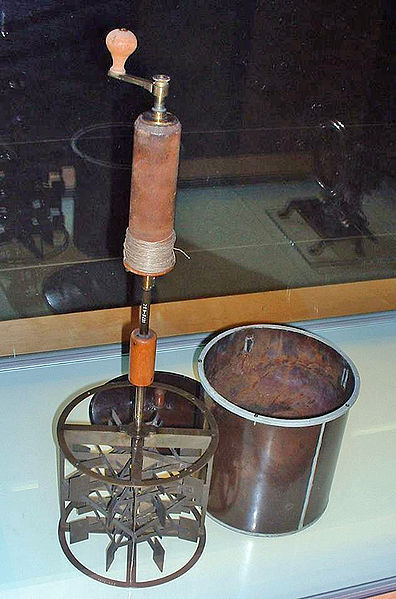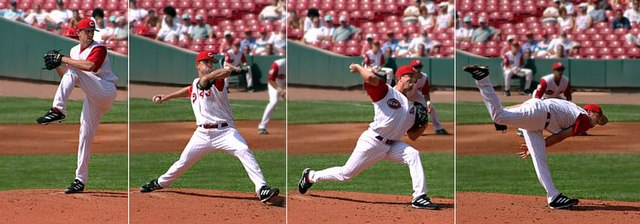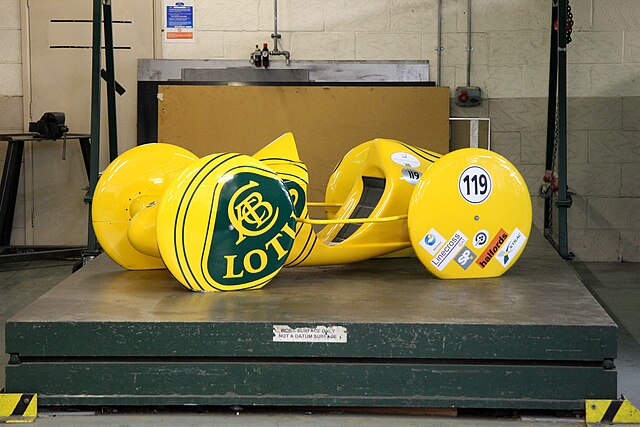James Prescott Joule was an English physicist, mathematician and brewer, born in Salford, Lancashire. Joule studied the nature of heat, and discovered its relationship to mechanical work. This led to the law of conservation of energy, which in turn led to the development of the first law of thermodynamics. The SI derived unit of energy, the joule, is named after him.
James Prescott Joule
An electric motor presented to Kelvin by James Joule in 1842. Hunterian Museum, Glasgow.
Joule's Heat Apparatus, 1845
James Prescott Joule
In physics, work is the energy transferred to or from an object via the application of force along a displacement. In its simplest form, for a constant force aligned with the direction of motion, the work equals the product of the force strength and the distance traveled. A force is said to do positive work if it has a component in the direction of the displacement of the point of application. A force does negative work if it has a component opposite to the direction of the displacement at the point of application of the force.
A baseball pitcher does positive work on the ball by applying a force to it over the distance it moves while in his grip.
Lotus type 119B gravity racer at Lotus 60th celebration
Gravity racing championship in Campos Novos, Santa Catarina, Brazil, 8 September 2010







